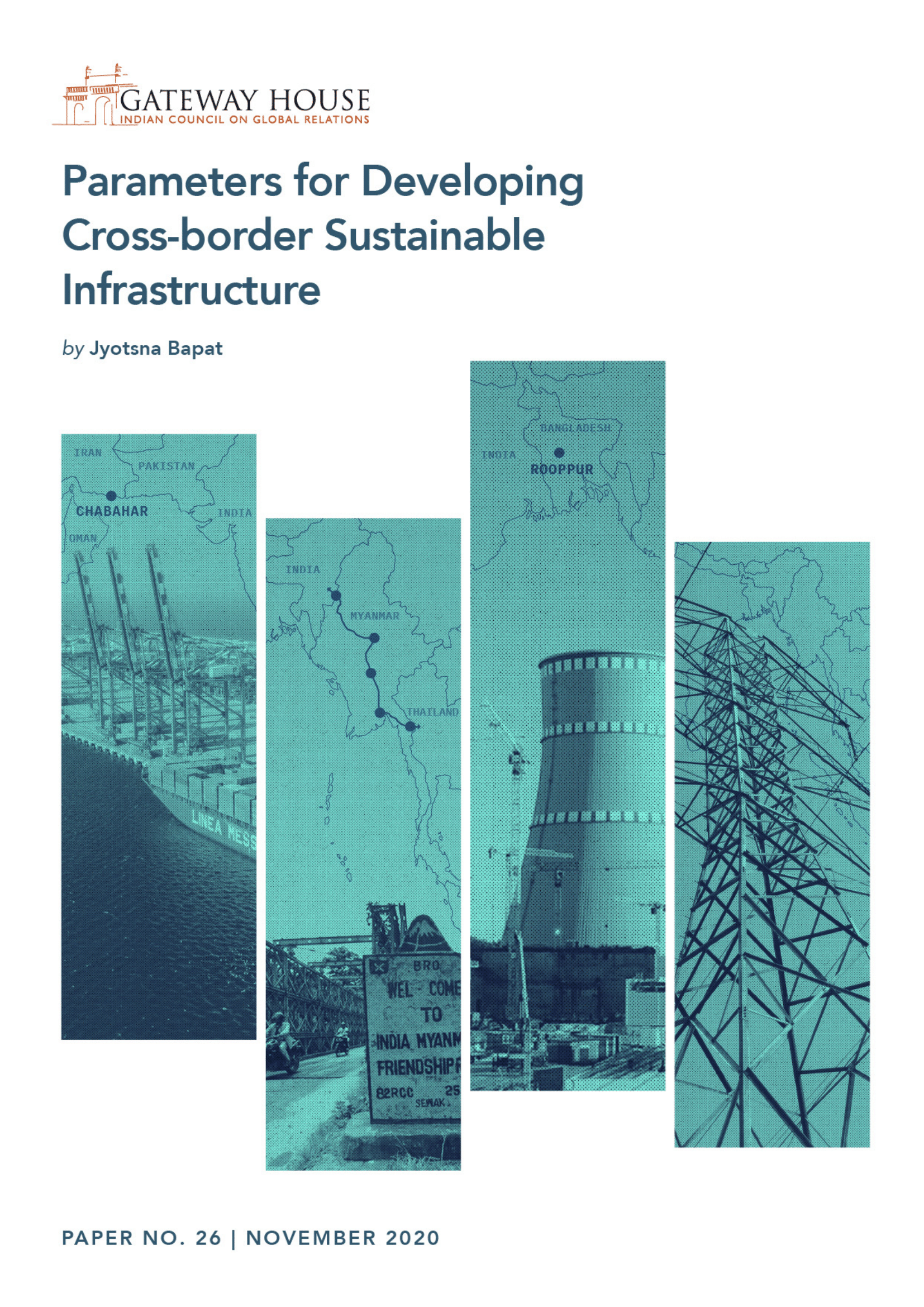Explainer: Regulating intermediaries
There has been an increasing need for the regulation of content on social media platforms like Twitter, WhatsApp and Facebook. Ambika Khanna, Senior Researcher for International Law Studies Programme explains the legal concerns associated with intermediaries











